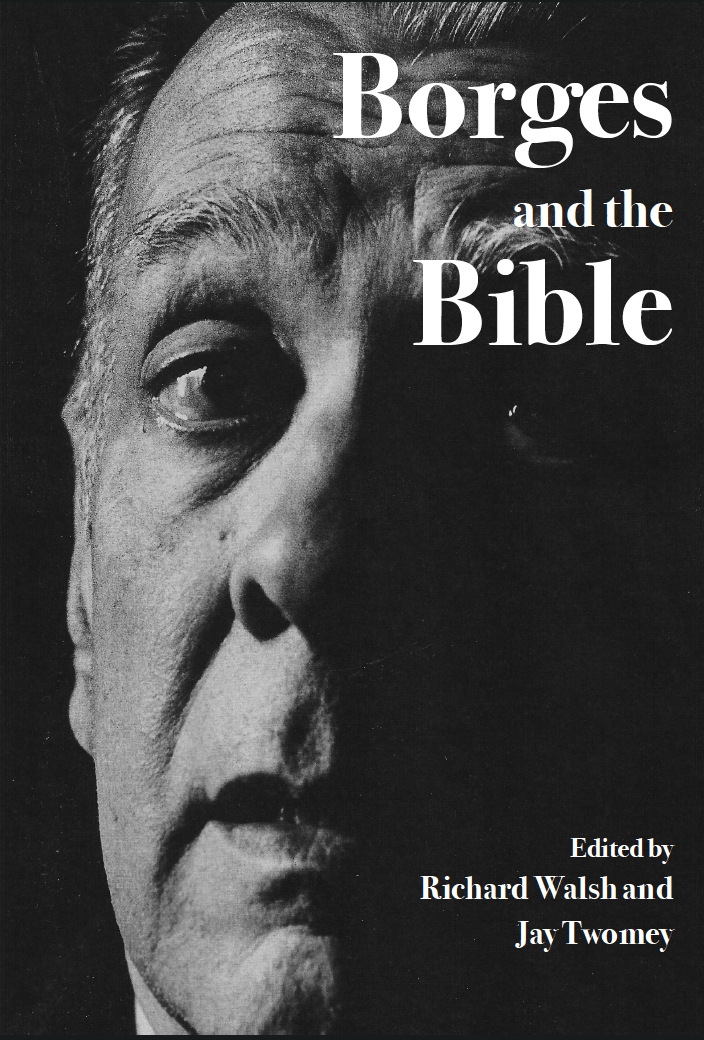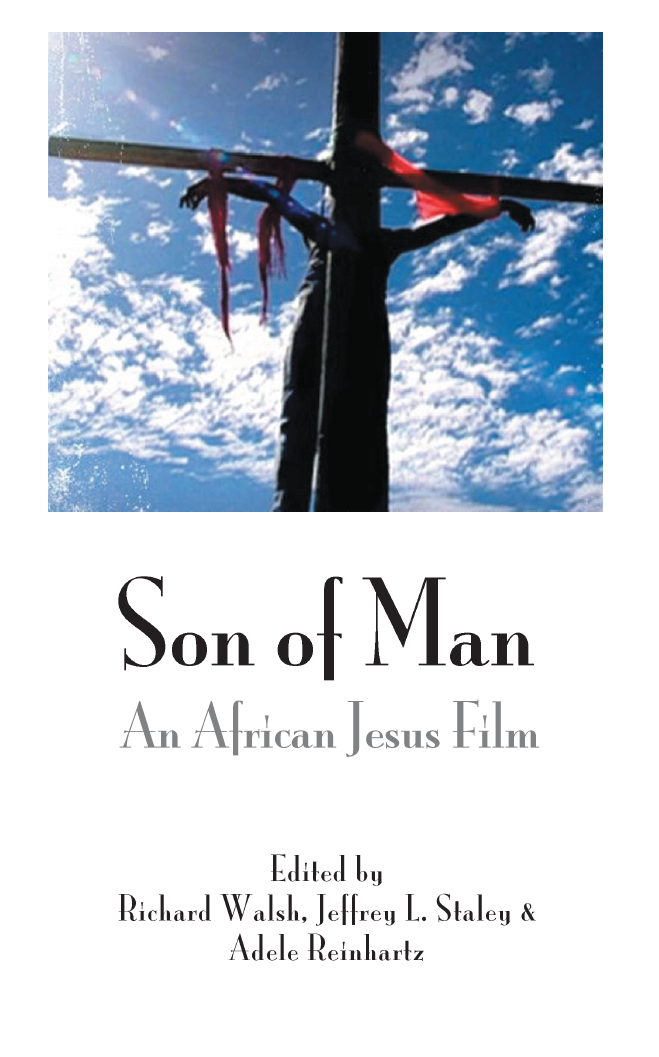Borges and the Bible
Published: May 2015
£50.00
Jorge Luis Borges is the darling of authors and critics who were once described as postmodern. Borges's fictions assail the boundaries between text, world and self. In one sense, the fictions are mere rhetorical games, puzzles, or 'tricks', which disrupt communication (and interpretation), but they also suggest —at least to some —metaphysical uncertainties. To read them is as if one read the fictions of Hume or the Buddha.
Most of the literary and biblical scholars in this volume pair the Bible and its scholarship with one or more of Borges's short fictions (particularly those first collected in English in Ficciones ), but some venture into Borges's essays, poetry, and his life story (as he and others have told it). As to Bibles, some essayists focus on particular texts from the Hebrew Bible (like Genesis, Samuel, Kings or Job) or the Christian New Testament (like Mark, 2 Corinthians, or Revelation), while others engage traditions of interpretation like Gnosticism, the Kabbalah or academic biblical scholarship. Several focus on canon, translation, the craft of fiction, religion or hermeneutics as a way of thinking about Borges and the Bible.
With Borges, interpretation is ubiquitous. Whether consciously fictionalizing or not, all (biblical) interpretation transforms its precursor. All (biblical) interpretation becomes a play with secrecy and revelation. Borgesian Bibles and scholarship are labyrinths, gardens of forking paths, unsettling and distorting mirrors. With Borges, biblical scholars come face to face with their finitude, obsession, fascination, ambivalence, and inevitable heresy vis-à-vis ta biblia.
Borges and the Bible
£50.00
Jorge Luis Borges is the darling of authors and critics who were once described as postmodern. Borges's fictions assail the boundaries between text, world and self. In one sense, the fictions are mere rhetorical games, puzzles, or 'tricks', which disrupt communication (and interpretation), but they also suggest —at least to some —metaphysical uncertainties. To read them is as if one read the fictions of Hume or the Buddha.
Most of the literary and biblical scholars in this volume pair the Bible and its scholarship with one or more of Borges's short fictions (particularly those first collected in English in Ficciones ), but some venture into Borges's essays, poetry, and his life story (as he and others have told it). As to Bibles, some essayists focus on particular texts from the Hebrew Bible (like Genesis, Samuel, Kings or Job) or the Christian New Testament (like Mark, 2 Corinthians, or Revelation), while others engage traditions of interpretation like Gnosticism, the Kabbalah or academic biblical scholarship. Several focus on canon, translation, the craft of fiction, religion or hermeneutics as a way of thinking about Borges and the Bible.
With Borges, interpretation is ubiquitous. Whether consciously fictionalizing or not, all (biblical) interpretation transforms its precursor. All (biblical) interpretation becomes a play with secrecy and revelation. Borgesian Bibles and scholarship are labyrinths, gardens of forking paths, unsettling and distorting mirrors. With Borges, biblical scholars come face to face with their finitude, obsession, fascination, ambivalence, and inevitable heresy vis-à-vis ta biblia.
Son of Man: An African Jesus Film
Published: Apr 2013
£50.00
The remarkable, award-winning film, Son of Man (2005), directed by the South African Mark Dornford-May, sets the Jesus story in a contemporary, fictional southern African Judea. While news broadcasts display the political struggles and troubles of this postcolonial country, moments of magical realism point to supernatural battles between Satan and Jesus as well. Jesus' Judean struggle with Satan begins with a haunting reprise of Matthew's 'slaughter of the innocents' and moves forward in a Steve Biko-like non-violent, community-building ministry, captured in graffiti and in the video footage that Judas takes to incriminate Jesus. Satan and the powers seemingly triumph when Jesus 'disappears', but then Mary creates a community that challenges such injustice by displaying her son's dead body upon a hillside cross. The film ends with shots of Jesus among the angels and everyday life in Khayelitsha (the primary shooting location), auguring hope of a new humanity (Genesis 1.26).
This book's essays situate Son of Man in its African context, exploring the film's incorporation of local customs, music, rituals, and events as it constructs an imperial and postcolonial 'world'. The film is to be seen as an expression of postcolonial agency, as a call to constructive political action, as an interpretation of the Gospels, and as a reconfiguration of the Jesus film tradition. Finally, the essays call attention to their interested, ideological interpretations by using Son of Man to raise contemporary ethical, hermeneutical, and theological questions. As the film itself concisely asks on behalf of the children featured in it and their politically active mothers, 'Whose world is this'?
Son of Man: An African Jesus Film
£50.00
The remarkable, award-winning film, Son of Man (2005), directed by the South African Mark Dornford-May, sets the Jesus story in a contemporary, fictional southern African Judea. While news broadcasts display the political struggles and troubles of this postcolonial country, moments of magical realism point to supernatural battles between Satan and Jesus as well. Jesus' Judean struggle with Satan begins with a haunting reprise of Matthew's 'slaughter of the innocents' and moves forward in a Steve Biko-like non-violent, community-building ministry, captured in graffiti and in the video footage that Judas takes to incriminate Jesus. Satan and the powers seemingly triumph when Jesus 'disappears', but then Mary creates a community that challenges such injustice by displaying her son's dead body upon a hillside cross. The film ends with shots of Jesus among the angels and everyday life in Khayelitsha (the primary shooting location), auguring hope of a new humanity (Genesis 1.26).
This book's essays situate Son of Man in its African context, exploring the film's incorporation of local customs, music, rituals, and events as it constructs an imperial and postcolonial 'world'. The film is to be seen as an expression of postcolonial agency, as a call to constructive political action, as an interpretation of the Gospels, and as a reconfiguration of the Jesus film tradition. Finally, the essays call attention to their interested, ideological interpretations by using Son of Man to raise contemporary ethical, hermeneutical, and theological questions. As the film itself concisely asks on behalf of the children featured in it and their politically active mothers, 'Whose world is this'?



